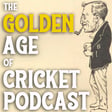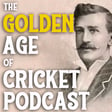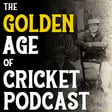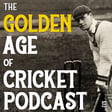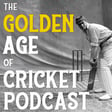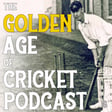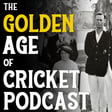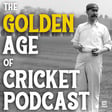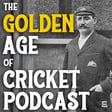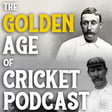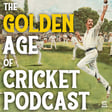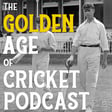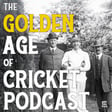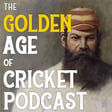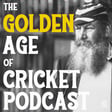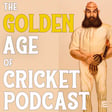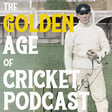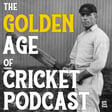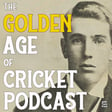
Short Leg – Clem Hill's 188 v England at the MCG in 1897/98 – Part 1
This episode of 'Short Leg' – discusses one of the most famous and, arguably, greatest Test innings of the Golden Age. Not yet 21, Clem Hill rescued Australia from a monumental batting collapse on Day 1 of the Fourth Test in Melbourne of the 1897/98 Ashes series. Along with Hugh Trumble, the pair put on a record 7th wicket stand to turn the innings, match and series.
DONATE: You can buy Tom Ford a coffee! Every donation helps with production and inspires Tom to keep the podcast going. You can donate from a little as $5. Visit: buymeacoffee.com/goldenageofcricket
CREDITS:
Presenter & Producer: Tom Ford
All music used in podcast comes from the University of California Santa Barbara's remarkable collection of wax cylinder's from the late nineteenth and early twentieth centuries, which are free to download and use. You can donate to the upkeep of these recordings via their website.
